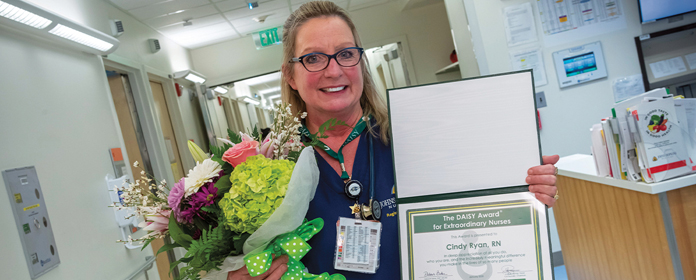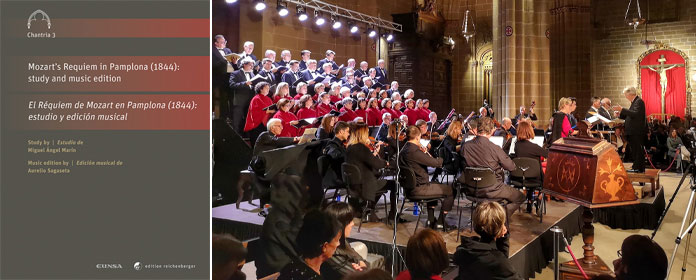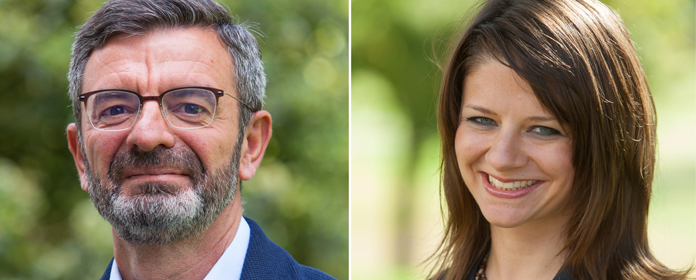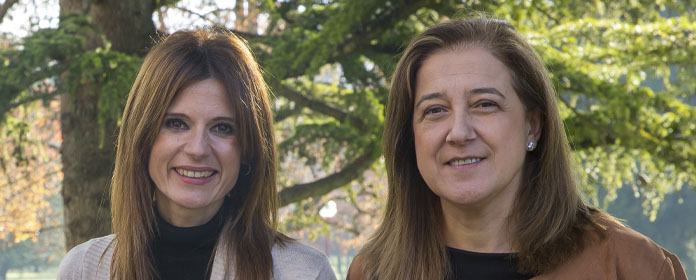72 people with 18 nationalities make up the 2018-19 ICS team
In the 2017-2018 academic year, the center's researchers published 90 scientific articles, organized 101 activities and participated in 130 academic meetings in 28 countries.
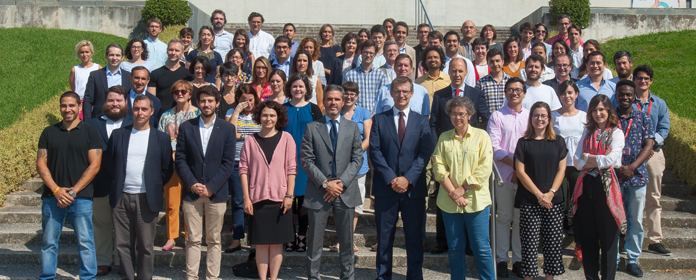
FOTO: Manuel Castells
72 people with 18 nationalities make up the Institute for Culture and Society team during the 2018-2019 academic year. They come from Afghanistan, Argentina, Canada, Colombia, Denmark, the United States, Spain, Guatemala, India, Ireland, Italy, Mexico, the Netherlands, Poland, Portugal, the United Kingdom, the Dominican Republic and Russia.
Researchers, doctoral students, collaborators, administrators and service personnel gathered at the center’s annual opening ceremony. The center’s director, Jaime García del Barrio, pointed out figures from last academic year and reviewed the main objectives of this one.
He noted that the Institute’s researchers published 90 scientific articles, 82.9% in first and second quartile journals, which correspond to the highest quality publications. They also organized 101 activities— 6 of them international conferences— and participated in 130 academic meetings in 28 countries. In addition, eight researchers completed stays abroad and defended two doctoral theses.
With respect to the Institute’s teaching activity, seven students enrolled in the Master's of Social Science Research (MICS), four of them with scholarships from the Social Trends Institute; 34 students attended the first edition of the Institute’s Big Data program; and 313 people completed the MOOC Navarra: History and Culture, 33 of them from outside of Spain.
The ICS director also highlighted that the Institute currently has 26 projects funded by competitive grants such as Marie Curie, Ramón Areces, Ramón and Cajal, or Juan de la Cierva, which have provided the center with more than half a million euros in funding. In addition, other private foundations and entities, such as Zurich, Banco Santander and Gamesa, have allocated more than one million euros to finance part of the center's activity. He emphasized that the University’s financial commitment only accounts for approximately 15-20% of the total cost to run the Institute.
Two upcoming evaluationsJaime García del Barrio pointed out that, in the 2018-2019 academic year, two evaluations will be carried out. They will help assess the results achieved to date and to identify areas of strength and where there is room for improvement. One will be carried out by peers- the triennial project evaluation- and the other will be internal.
Finally, he indicated that the Institute’s priorities include unifying the center around the common theme of “Development and Social Bonds,” strengthening international relationships, strengthening ties with Latin America, continuing to submit applications for funding to public and private calls, continuing work on the social impact of research, and strengthening interdisciplinarity...
He also communicated the latest from the center, including new research appointments. During this academic year, Edgar Benítez y Martiño Rodríguez, from Colombia, will join the Education of Human Sexuality and Affectivity project, José Colen, from Portugal, will join Religion and Civil Society. Eleonora Esposito, from Italy, will join Public Discourse thanks to a Marie Curie Grant. On the other hand, Irati García will join the subproject Habitual Decisions: Devaluation in decision-making in adults with and without ADHD (Mind-Brain Group) and Pablo Urruchi will join the Statistics Unit. The Public Discourse project welcomes a new PhD student, Bahareh Malmir, from Iran.

